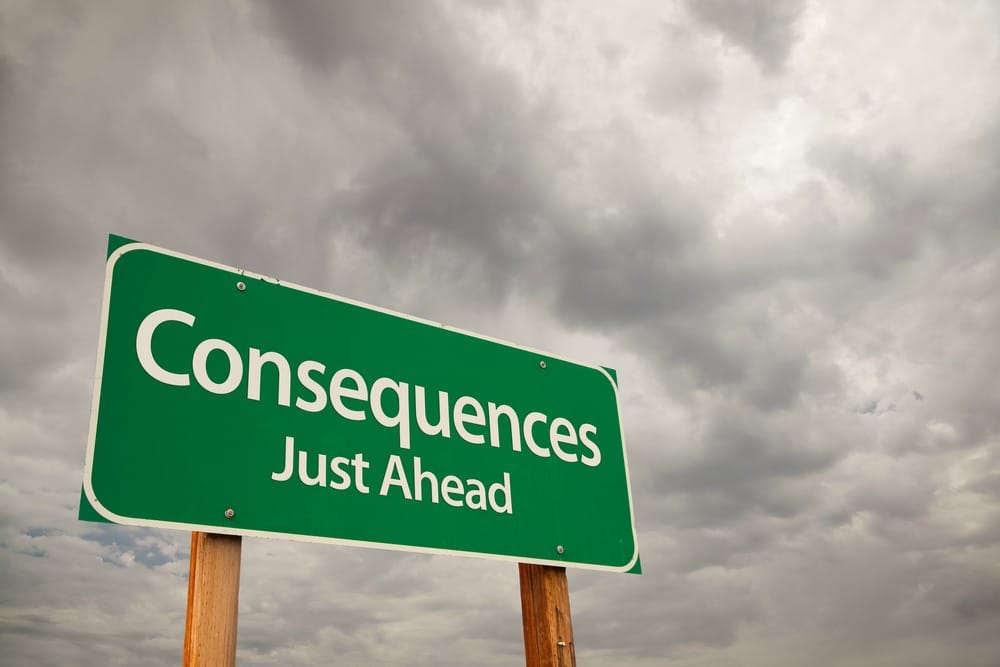What is the Hands-Free Law in Georgia?

The Hands-Free Law in Georgia was enacted in 2018 to combat the dangers of talking or texting on a cell phone while driving. It sets strict limits, fines, and points against insurance if a driver is caught in the act while behind the wheel.
Quite simply, the Hands-Free Law in Georgia states…
Drivers cannot have a phone in their hand or touching any part of their body while talking on their phone while driving. The fine for a first conviction is $50.00 and 1 point assessed against the driver’s license. For a second time conviction, the penalty is 2 points added to a driver’s license and a $100.00 fine.
More components to the Hands-Free Law in Georgia
Below is more information from the Georgia Highway Safety Organization about the Georgia Hands-Free Law.
- Drivers cannot have a phone in their hand or touching any part of their body while talking on their phone while driving.
- Even with hands-free technology, drivers cannot write, read, or send text messages, e-mails, social media content and other internet data while on the road. (Voice to text is allowed)
- Drivers cannot watch videos when they are on the road. (Navigational/GPS videos are allowed)
- Drivers cannot use their phones or electronic devices to record video when they are on the road. (Continuously running dash cams are allowed)
- Drivers may listen to streaming music that does not include videos on the screen of their phone or device while driving but cannot touch their phones while on the road to activate or program any music streaming app. Streaming music that is controlled by and listened through the vehicle’s radio is allowed. Drivers who need to touch their phones to activate/program their music streaming apps must do so before getting on the road.
- The fine for a first conviction is $50.00 and 1 point assessed against the driver’s license. The fine is $100.00 and 2 points for a second conviction and $150.00 and 3 points for three or more convictions. The fines for a 2nd or 3rd offense only apply when date of a 2nd or 3rd conviction takes place within 24 months of the date of the first conviction. First time offenders can have the charge dropped by showing the court they have obtained a device that allows them to talk on a phone with hands-free technology or devices.
In Georgia, points remain on a driver’s record for two years. Two points can increase insurance rates anywhere from 20- 50%. Ouch!
Why are talking and texting so dangerous?
According to the NHTSA, distracted driving is any activity that diverts attention from safe driving, including talking or texting on a cell phone, eating and drinking, talking to people in the vehicle, fiddling with the stereo, entertainment, or navigation system.
Talking and texting on a cell phone are the most alarming distractions. Talking on a cell phone while driving slows down a driver’s reaction time and causes drivers to make critical errors because they’re distracted during a call.
Sending or reading a text takes a driver’s eyes off the road for 5 seconds and is the single most dangerous driving habit. At 55 mph, that’s like driving the length of an entire football field with your eyes closed. Wow! That’s alarming, right? It sure is, especially for concerned parents of new and inexperienced teen drivers.
Why is distracted driving so dangerous for teen drivers?
Teen drivers and distracted driving mix as well as ketchup and pancakes or orange juice and toothpaste. In fact, distracted driving is dangerous for everyone on the road, but especially for inexperienced teen drivers who think they are invincible.
Teens simply cannot drive safely unless the task of driving has their full attention. Any non-driving activity they engage in is a potential distraction and increases their risk of crashing.
The CDC states that there are three main types of distracted driving.
- Visual – Taking a driver’s eyes off the road
- Manual – Both hands are not on the steering wheel
- Cognitive – Taking one’s mind off driving
Teen drivers are more at risk of crashing
Teen drivers are more at risk of crashing due to distracted driving. Should concerned parents worry about the dangers of distracted driving? The answer to this question is a resounding “YES!” Here’s why…
Teen driver distraction is responsible for six out of ten moderate-to-severe crashes.
The good news is that teen drivers, passengers, and parents can all participate to help reduce the dangers of distracted driving. Below are some helpful tips from the CDC.
Teen drivers can reduce distractions by…
- Following the Hands-Free Law in Georgia. That means teens’ hands can’t even touch a cell phone while driving.
- Do not multi-task while driving. Whether it’s adjusting mirrors, selecting music, eating, making a phone call, or reading a text or email―do it before or after a trip, not during.
- Use apps to help avoid cell phone use while driving. Consider trying an app, like Life 360, to reduce distractions while driving.
Passengers can reduce driver distractions by…
- Speaking up if the driver is distracted. Ask the driver to focus on driving.
- Reduce driver distractions by assisting the driver with navigation or other tasks.
Parents can reduce teen driver distractions by…
- Explaining the Hands-Free Law in Georgia and the consequences of breaking it.
- Talking to your teen or young adult about the rules and responsibilities involved in driving.
- Reminding them that driving is a skill that requires the driver’s full attention.
- Emphasizing that texts and phone calls can wait until arriving at a destination.
- Set consequences for distracted driving. Fill out AAA’s Parent-Teen Driving Agreement together to begin a safe driving discussion and set your family’s rules of the road. Your rules of the road can be stricter than your state’s law.
- Set a good example. Keep your eyes on the road and your hands on the wheel while driving.
CLICK HERE to subscribe to our free newsletter for teen driving tips and sales alerts.
Related articles:
- Teen driver dangers multiply during ‘100 deadliest days’
- IPDE defensive driving saves young lives
- What is Joshua’s Law? A guide for parents to limit teen driver dangers

